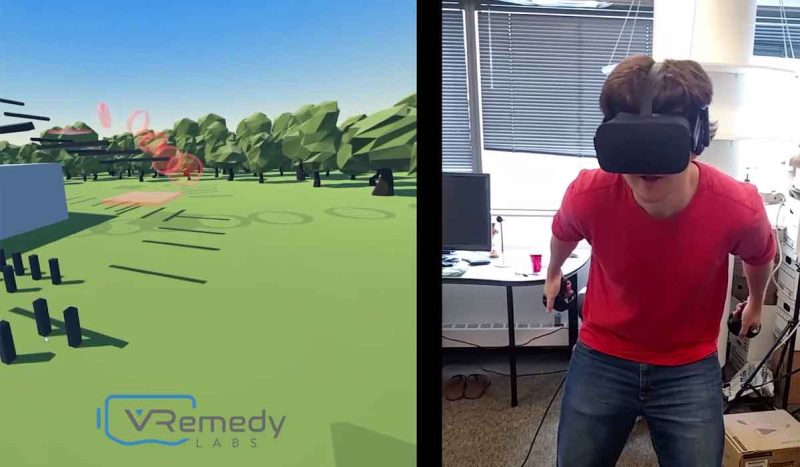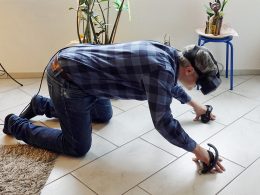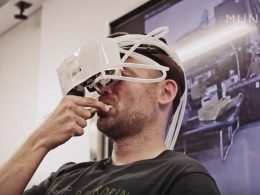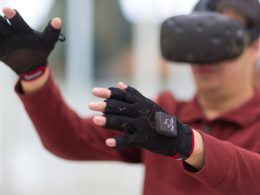The developers at VRemedy Labs are looking into whether you can train away the ever-dreaded virtual reality nausea.
Since the release of the first VR applications, many VR game developers have been teetering between two extremes and experimenting with numerous variations. How can the user move as smoothly as possible in VR without it becoming an ordeal due to motion sickness? There is no gold standard yet. Teleportation is a common stopgap solution. Sometimes this makes sense and is fun, but in many situations it is not accepted by players as a viable alternative to fluid locomotion.
A young American start-up company called VRemedy Labs has tackled this problem and is experimenting with new methods of travelling in VR.
Can you train VR nausea away?
For their upcoming game "I Hate Heros", VRemedy Labs combines a number of locomotion types that normally cause the worst VR nausea for many players. These include, for example, the fluid superhero flight through a series of rings, which can be seen in the video clip.
The special feature is that players are shown a nausea wheel with which they can regulate the intensity of movement in ten stages and thus train away the nausea. In the prototype, the developers are still manually turning the nausea wheel, talking to test users while they are in virtual reality and experimenting with the various settings.
Players should start with the maximum intensity of movement if possible. As soon as their stomach starts to rumble, they should turn the nausea wheel and reduce the intensity until the VR movement seems comfortable again. As soon as the user is stable again, they can try to increase the intensity again.
The difference between the individual levels should be so small that players do not feel disturbed by the jumps between the movement variants. For example, only the field of vision is narrowed.
"We want to end this vicious cycle of VR experiences being brilliant and nauseating or boring but comfortable," says Oates, one of the founders of VRemedy Labs. "Instead, we want games that everyone can play at their own pace."
A demo of the game, including a flexible locomotion system, has been announced for autumn 2017, with the final version due to be released in spring 2018.
Source: Vrodo / Technologyreview / Youtube









